Former National Security Advisor Keith Kellogg has taken a unique stance among Donald Trump’s MAGA allies, voicing his support for President Joe Biden’s decision to approve Ukraine’s deployment of U.S.-supplied long-range missiles to hit Russian targets. Kellogg viewed the move as a strategic advantage for Trump, saying Biden’s decision has “given Trump more leverage” and offers him greater flexibility to “pivot” in the ongoing geopolitical crisis.
This perspective starkly contrasts with the outrage expressed by others in Trump’s orbit. Donald Trump Jr., Representative Mike Waltz — the incoming administration’s pick for national security adviser — and Richard Grenell, who served as acting director of national intelligence during Trump’s first term, have all criticized Biden’s actions. Grenell went so far as to call Biden’s missile approval an escalation of the war in Ukraine during the transitional period, likening it to “launching a whole new war.” On social media, he highlighted the perceived risks of Biden’s decision, while Trump Jr. accused the president of trying to ignite World War III, depriving Trump of the chance to create peace and save lives.
Kellogg’s position, however, underscores his potential role as someone Ukrainian President Volodymyr Zelenskyy and his team can find common ground with. Zelenskyy, already adapting to evolving political dynamics in the U.S. and Europe, has demonstrated a willingness to engage in dialogue — a shift advised by his American allies, even if it risks Trump’s displeasure. This diplomatic strategy allows Ukraine to position Putin as the intransigent party in ongoing talks.
Zelenskyy showcased this adaptability recently in an interview with Britain’s Sky News. He suggested a potential path to ending the “hot phase of the war,” proposing NATO membership for Ukraine that would include protection for the 80 percent of the country still under Kyiv’s control. The status of Russian-occupied areas, such as Crimea and parts of the Donbas, would be left unresolved, allowing Ukraine to tackle those disputes diplomatically at a later date. While this plan would appease some international stakeholders, it would stop short of recognizing Russia’s annexation of these territories — a move requiring constitutional amendments that could spark outrage among Ukrainian soldiers and citizens.
Under this potential framework, Russia would maintain de facto control over the contested regions without receiving formal recognition of their annexation. Zelenskyy’s balancing act reflects the difficult political tightrope he must navigate, compounded by warnings from his American advisers. One adviser told POLITICO he doubted Zelenskyy could survive politically if he formally ceded nearly 25 percent of Ukraine’s territory.
The Sky News interview marked a notable evolution in Zelenskyy’s rhetoric, as he hinted for the first time that Kyiv might consider a temporary or limited relinquishment of disputed lands. Previously, Zelenskyy had offered a more conditional stance in an Le Monde interview over the summer when he suggested the possibility of allowing occupied territories to join Russia through free and fair referenda. However, such elections, he clarified, could only occur if the regions were first returned to Ukrainian control.
Zelenskyy’s careful maneuvering reflects the delicate realities of wartime diplomacy and the immense pressure exerted by both domestic and international actors. While his latest comments hint at potential compromises, they also underline Ukraine’s steadfast refusal to permanently cede its sovereignty or territorial integrity. As Biden’s policy decision continues to ripple across the geopolitical landscape, it remains to be seen how these shifting dynamics will impact the broader trajectory of the conflict — and the role Trump and his allies envision for the United States.





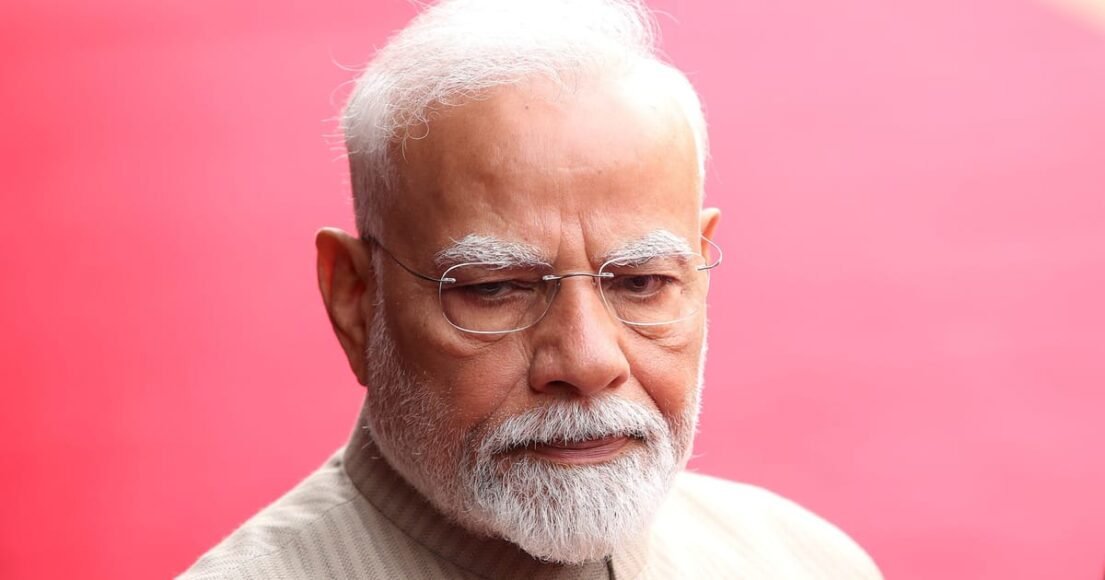
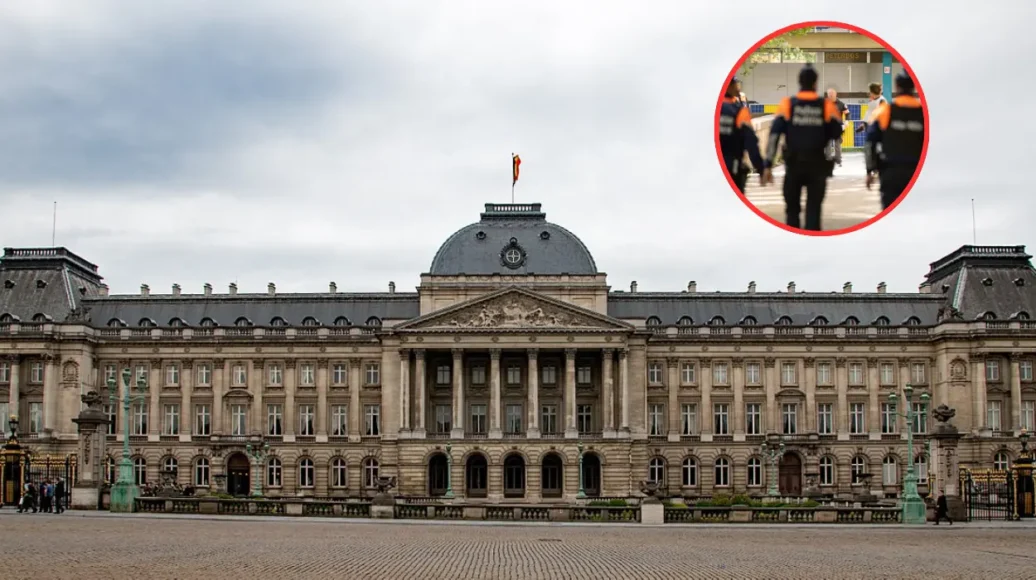

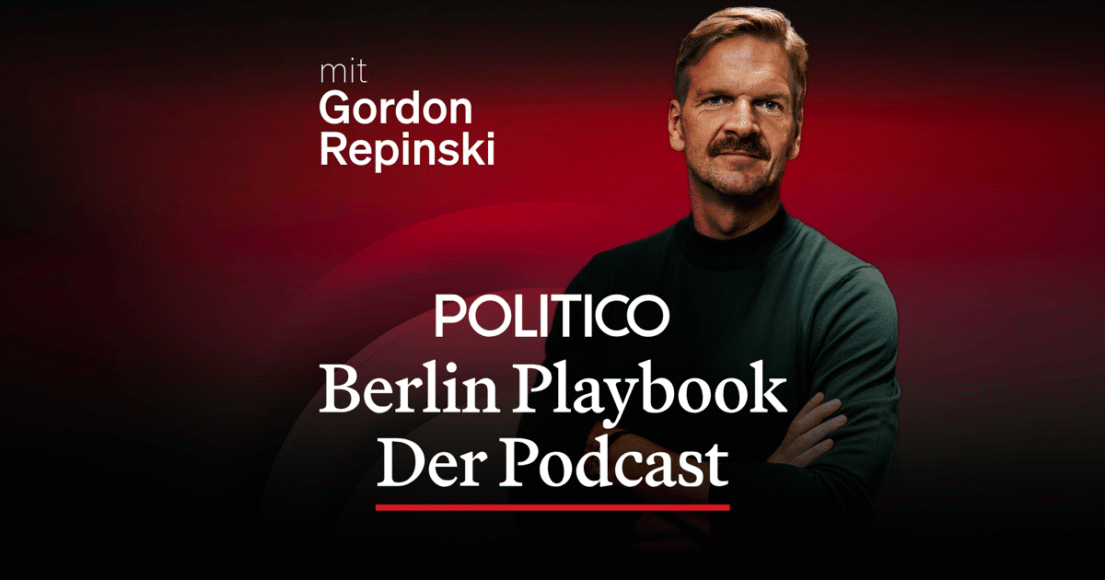

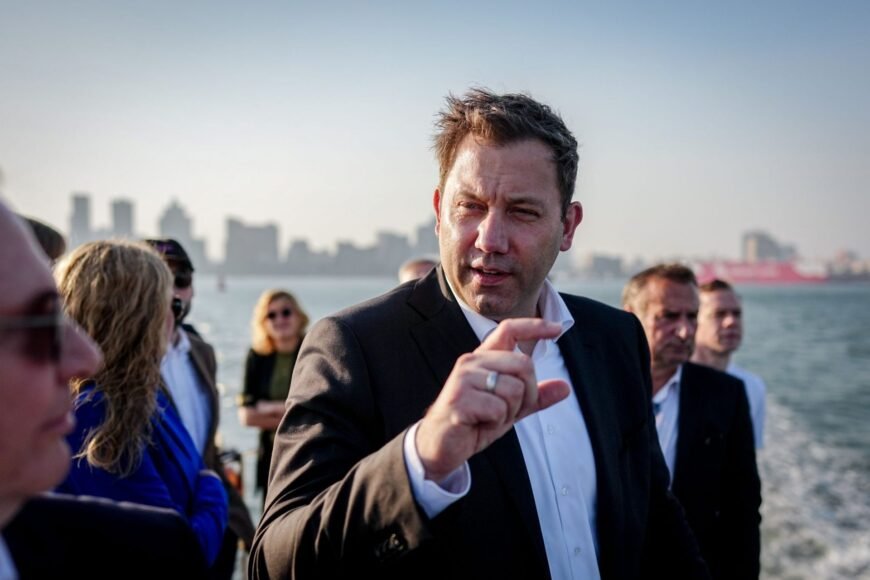

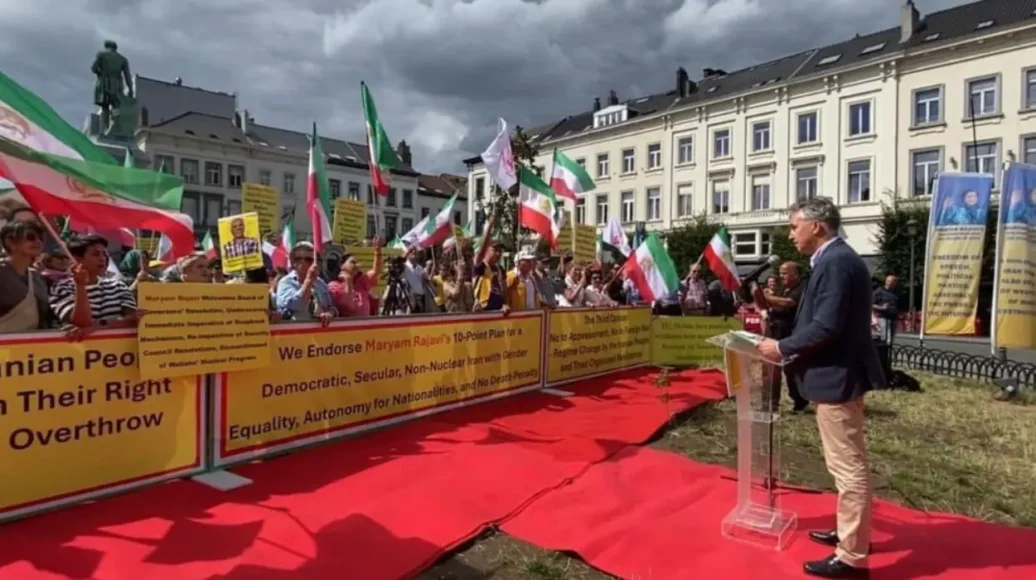
Leave a Reply